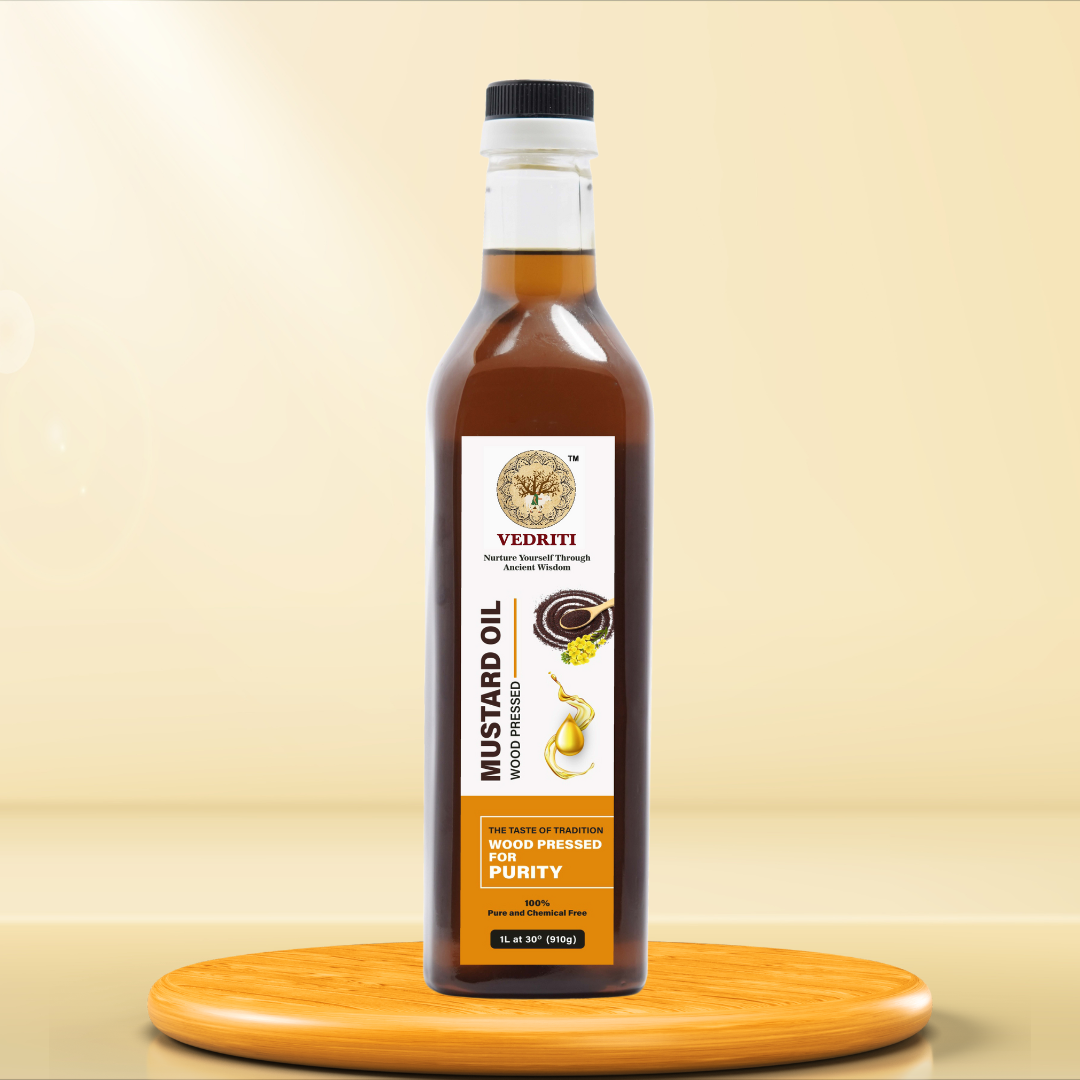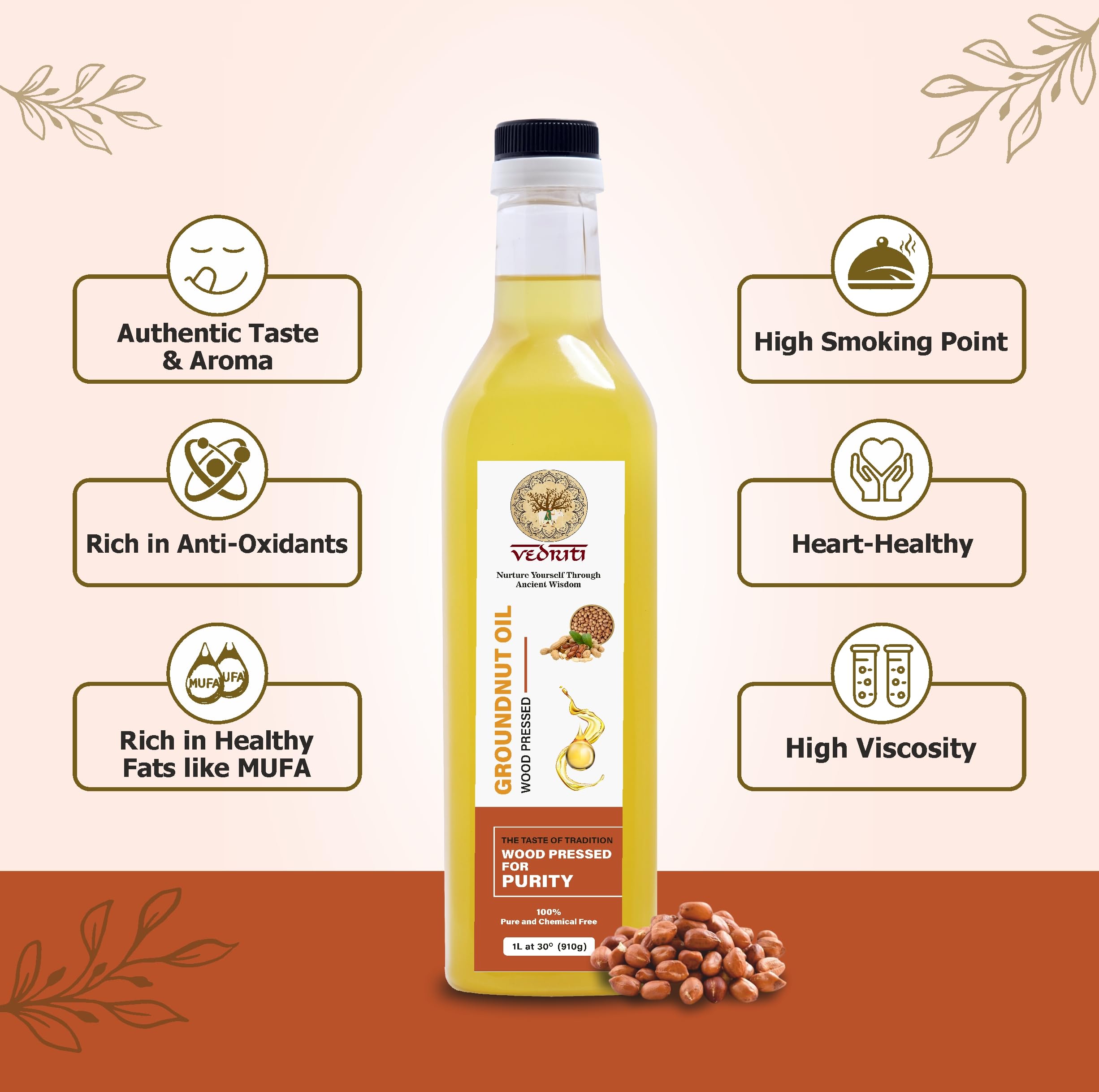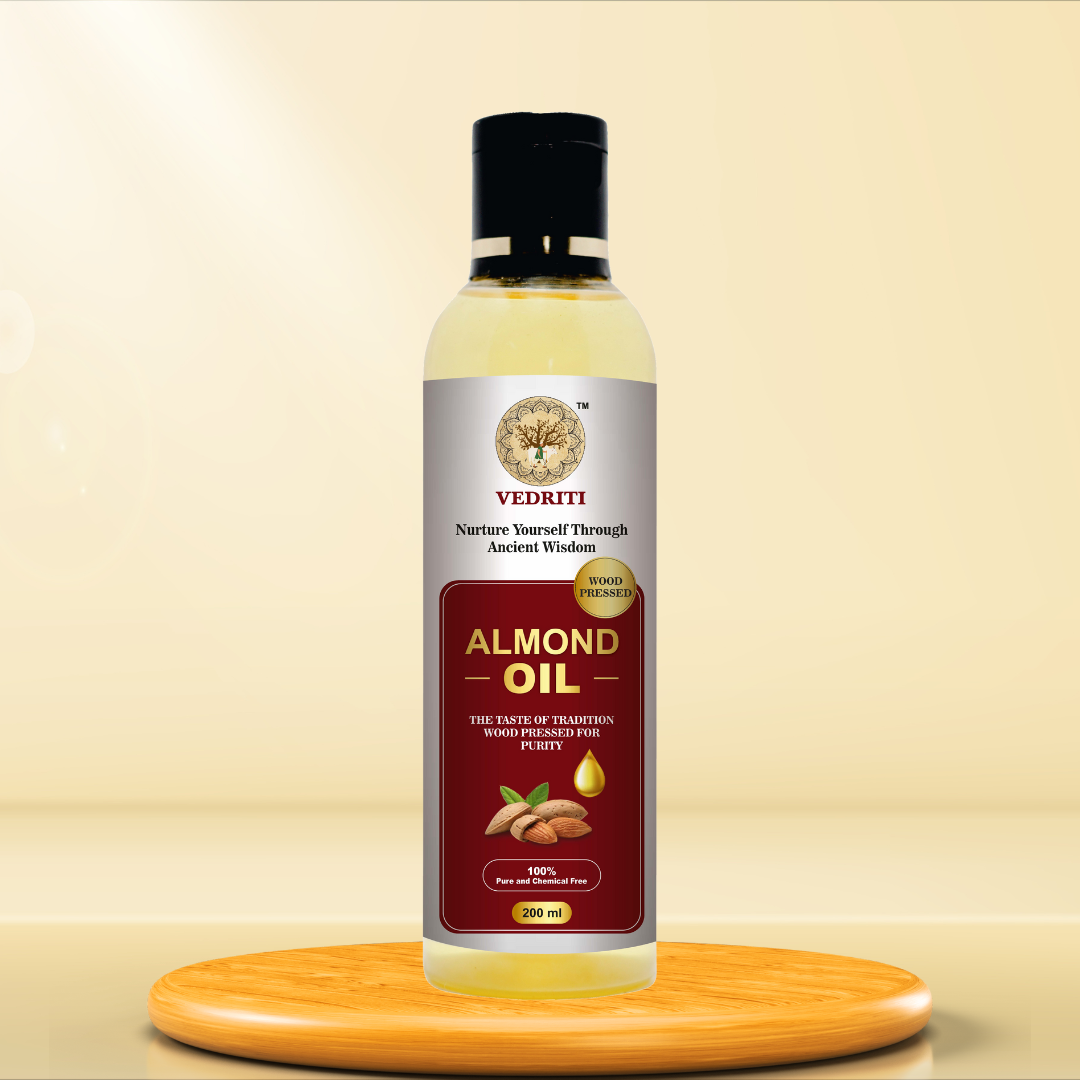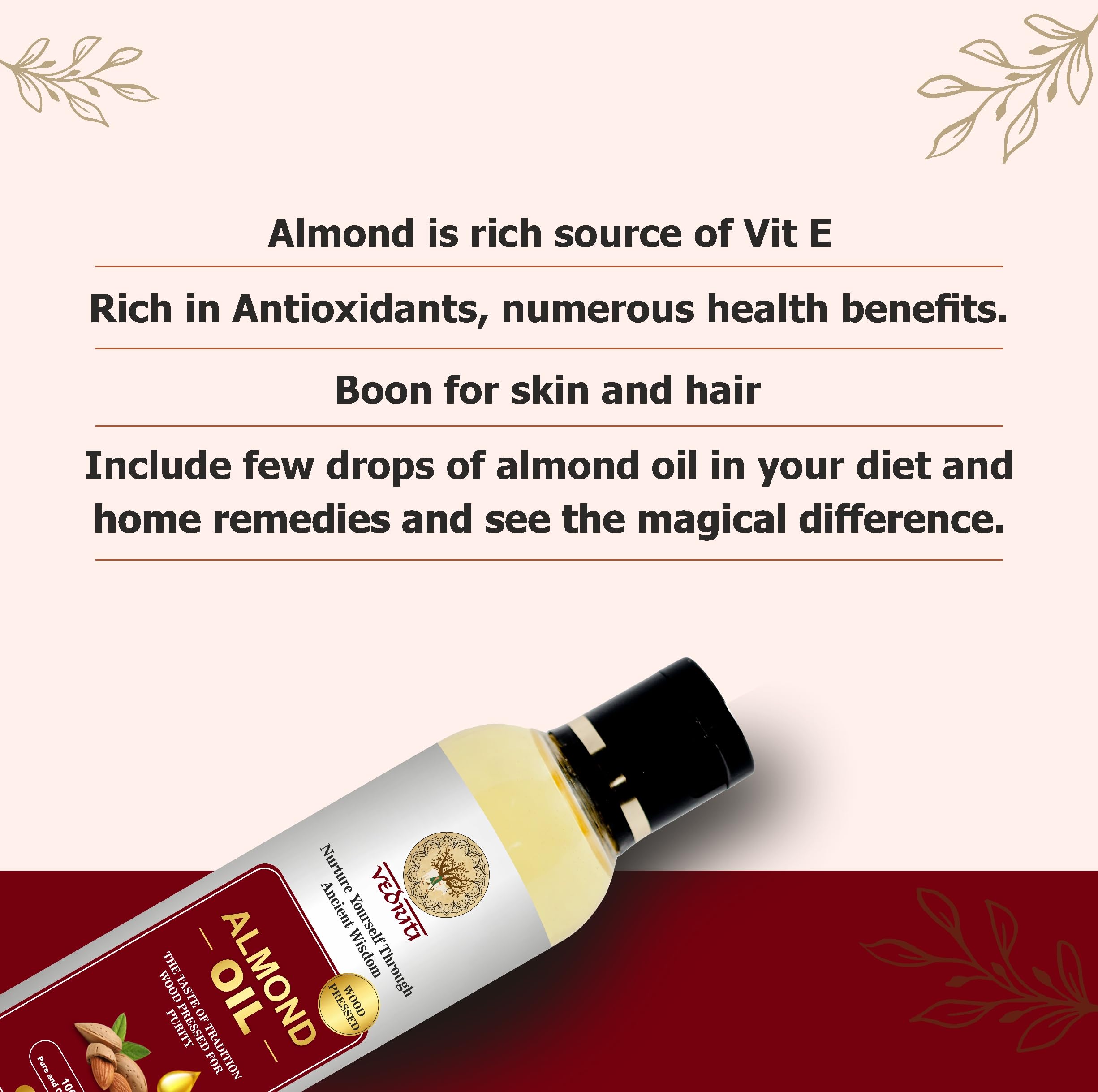Cholesterol is a vital substance in the body, playing an essential role in building cells and producing hormones. However, maintaining balanced cholesterol levels is crucial for heart health. High cholesterol, particularly low-density lipoprotein (LDL), is a significant risk factor for cardiovascular diseases. Managing cholesterol levels through diet is one of the most effective ways to promote heart health, and mustard oil is increasingly recognized as a beneficial ingredient in this regard.
Mustard oil, extracted from mustard seeds, has been used in Indian and other Asian cuisines for centuries. Its distinct pungent flavor and high smoking point make it ideal for various cooking methods, including frying, sautéing, and marinating. Beyond its culinary uses, mustard oil has gained attention for its potential health benefits, particularly in managing cholesterol levels.
Nutritional Composition of Mustard Oil
Mustard oil's health benefits are largely attributed to its unique nutritional profile. It contains several compounds that contribute to heart health and cholesterol management:
-
Monounsaturated Fatty Acids (MUFA): Mustard oil is rich in monounsaturated fats, particularly oleic acid, which constitutes about 60% of its fat content. Monounsaturated fats are known to help lower bad cholesterol (LDL) levels while maintaining or even increasing good cholesterol (HDL) levels.
-
Polyunsaturated Fatty Acids (PUFA): It also contains about 21% polyunsaturated fats, including omega-3 and omega-6 fatty acids. These essential fatty acids are crucial for heart health and have been shown to reduce triglycerides and lower the risk of heart disease.
-
Plant Sterols: Mustard oil is a good source of plant sterols, compounds that structurally resemble cholesterol. Plant sterols can block the absorption of cholesterol in the intestines, thereby reducing overall cholesterol levels in the blood.
-
Antioxidants and Anti-inflammatory Compounds: Mustard oil contains a variety of antioxidants and anti-inflammatory compounds, including vitamin E and phenols, which protect against oxidative stress and inflammation, both of which can contribute to heart disease.
How Mustard Oil Helps Manage Cholesterol Levels
1. Lowers Bad Cholesterol (LDL)
Low-density lipoprotein (LDL) is often referred to as "bad" cholesterol because it can accumulate on the walls of arteries, forming plaques that narrow and harden the arteries. This process, known as atherosclerosis, can lead to heart attacks and strokes.
The monounsaturated fats in mustard oil have been shown to reduce LDL cholesterol levels. Oleic acid, the primary MUFA in mustard oil, helps to lower the amount of LDL cholesterol in the bloodstream by promoting its removal from the body. Additionally, the presence of omega-3 fatty acids in mustard oil further contributes to lowering LDL cholesterol and triglycerides, making it a heart-healthy choice.
2. Increases Good Cholesterol (HDL)
High-density lipoprotein (HDL) is known as "good" cholesterol because it helps remove LDL cholesterol from the arteries, transporting it back to the liver for processing and elimination from the body. Higher levels of HDL cholesterol are associated with a lower risk of heart disease.
Regular consumption of mustard oil can help increase HDL cholesterol levels. The balanced ratio of MUFAs and PUFAs in mustard oil supports this effect, contributing to a healthier lipid profile and reducing the risk of cardiovascular events.
3. Reduces Triglycerides
Triglycerides are a type of fat found in the blood. High levels of triglycerides can increase the risk of heart disease, especially when combined with high LDL cholesterol or low HDL cholesterol. Mustard oil, with its rich content of omega-3 fatty acids, has been shown to help reduce triglyceride levels in the blood. Omega-3 fatty acids promote the breakdown of triglycerides and prevent their accumulation, thus lowering overall triglyceride levels.
4. Prevents Atherosclerosis
Atherosclerosis, the hardening and narrowing of arteries due to plaque buildup, is a major cause of heart disease. Mustard oil contains antioxidants such as vitamin E and phenolic compounds, which protect against the oxidative stress that contributes to plaque formation. These antioxidants neutralize free radicals in the bloodstream, preventing them from oxidizing LDL cholesterol, which is a key step in the development of atherosclerosis.
Moreover, the anti-inflammatory properties of mustard oil help reduce inflammation in the arteries, further preventing the progression of atherosclerosis. By incorporating mustard oil into your diet, you can significantly lower the risk of developing this dangerous condition.
5. Enhances Bile Production
Bile is a digestive fluid produced by the liver that helps break down fats in the diet and aids in the absorption of fat-soluble vitamins. It also plays a crucial role in the elimination of cholesterol from the body. Mustard oil has been shown to stimulate bile production, which enhances the body's ability to eliminate excess cholesterol. This process not only helps lower total cholesterol levels but also supports overall digestive health.
How to Incorporate Mustard Oil into Your Diet
Incorporating mustard oil into your diet is a simple and effective way to manage cholesterol levels and promote heart health. Here are some practical tips for doing so:
-
Cooking: Mustard oil can be used in various cooking methods, including frying, sautéing, and stir-frying. Its high smoking point makes it ideal for these purposes. You can use it to prepare vegetables, fish, or lean meats, enhancing the flavor of your dishes while reaping its health benefits.
-
Salad Dressings and Marinades: Mustard oil's pungent flavor adds a unique taste to salad dressings and marinades. Mix it with vinegar, lemon juice, and herbs to create a heart-healthy dressing that pairs well with leafy greens and other vegetables.
-
Pickles and Condiments: In Indian cuisine, mustard oil is often used to prepare pickles and condiments. These can be a tasty way to add mustard oil to your diet, though it's important to consume them in moderation due to their high salt content.
-
Dips and Spreads: Mustard oil can be used to make flavorful dips and spreads. Combine it with spices, garlic, and other ingredients to create a healthy spread for whole-grain bread or crackers.
-
Drizzling: For a finishing touch, drizzle a small amount of mustard oil over cooked dishes, such as steamed vegetables or grilled fish. This not only enhances the flavor but also adds a dose of heart-healthy fats to your meal.
Managing cholesterol levels is crucial for maintaining heart health and reducing the risk of cardiovascular disease. Mustard oil, with its rich content of monounsaturated and polyunsaturated fats, plant sterols, antioxidants, and anti-inflammatory compounds, is a powerful tool in achieving this goal. By incorporating mustard oil into your diet, you can lower LDL cholesterol, increase HDL cholesterol, reduce triglycerides, and prevent atherosclerosis, all of which contribute to better heart health. As with any dietary change, it's important to use mustard oil in moderation and as part of a balanced diet for the best results.


















Leave a comment
All comments are moderated before being published.
This site is protected by hCaptcha and the hCaptcha Privacy Policy and Terms of Service apply.